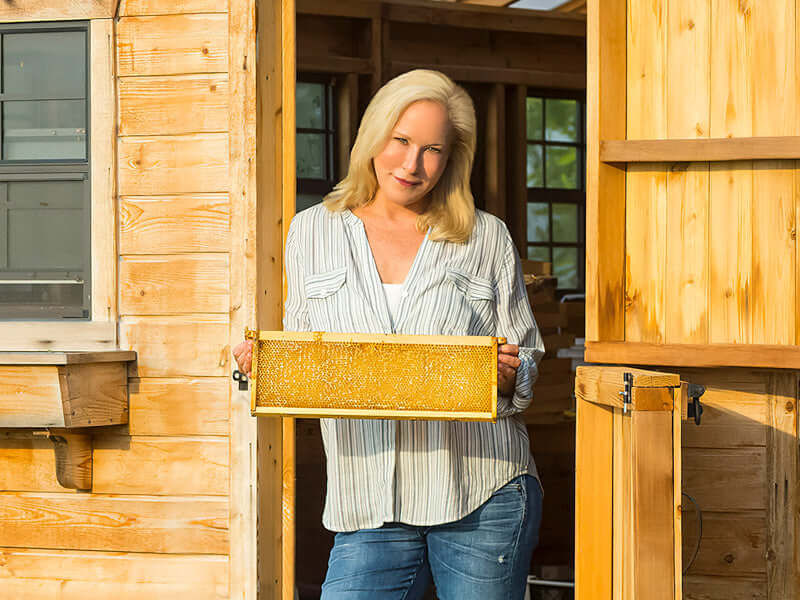Join the growing community of passionate gardeners and experience the joy of cultivating beautiful plants and growing your own food. Gardening is more popular than ever, with three-quarters of American households boasting gardens. Embark on a fulfilling journey of beauty, fulfillment, and nourishment.

Discover the incredible rewards of cultivating an organic garden. Beyond the joy of having your own garden, many enthusiasts strive to embrace organic methods. Thankfully, growing an organic garden can be simple with the right knowledge.
Exciting news! This blog post is all about planting your very first organic garden. We'll dive into some incredible tips to guide you along the way. So grab your shovels and rakes, and let's embark on this incredible gardening journey together!

Prepare the Soil
A successful organic garden starts from the ground up - literally - with the soil. It should be:
- Organic
- High quality
- Have an appropriate amount of drainage.
To optimize your soil's productivity and promote healthy plant growth, consider having it tested for nutrients and pH levels. This can be done by sending a sample or using a home testing kit. Keep in mind that soil treatments should be chosen carefully to avoid harm to beneficial contents and potential contamination of plants or food. Incorporating compost, manure, leaves, and lawn clippings can boost soil quality and productivity.

Pick the Right Plants
Planting indigenous plants is key to successful growth. They are better suited for local conditions, thriving in milder or heat-prone areas. The right plant in the right environment ensures healthier, more successful growth.
The internet offers a wealth of knowledge on plant growth in your area. Don't hesitate to research before planting. Choose chemical-free seedlings if not growing from seeds. Growing popular plants from seeds yields the best results!
If you're from Maryland, the University of Maryland offers great resources on recommended native plants.

When bees pollinate sunflowers, they make some delicious Sunflower Honey!
Protecting Plants Without Chemicals or Pesticides
One important aspect of gardening is supporting plant growth, which includes watering and protecting them from bugs, pests, and weeds. However, this can be challenging, leading some to resort to pesticides. But for those who desire an organic garden, alternative methods are necessary. These may involve attracting natural predators or growing plants that deter pests. Researching natural bacteria that combat pests is also recommended.

In conclusion, we are thrilled that this article has enlightened you on embarking on your first organic garden. Of course, this is just the beginning, and there are numerous other fascinating aspects to explore while organically gardening. However, the tips shared here will serve as your guiding light to kick-start your exciting journey into the world of organic gardening. Happy planting!
Tag us in your beautiful garden photos and share them with us on Instagram!











